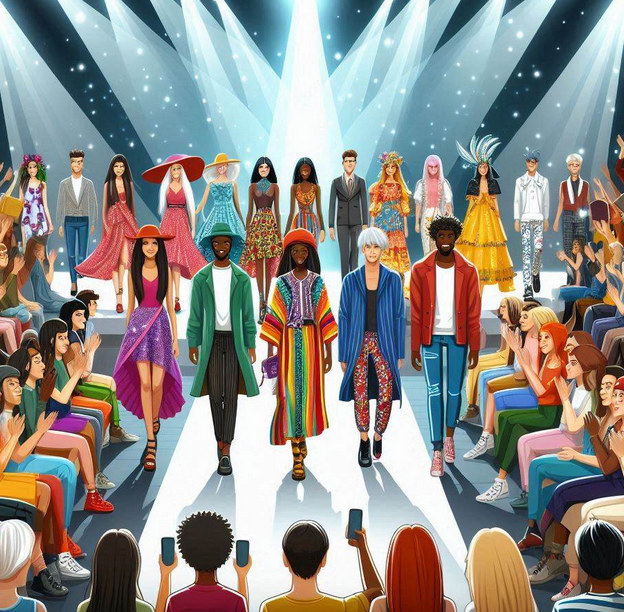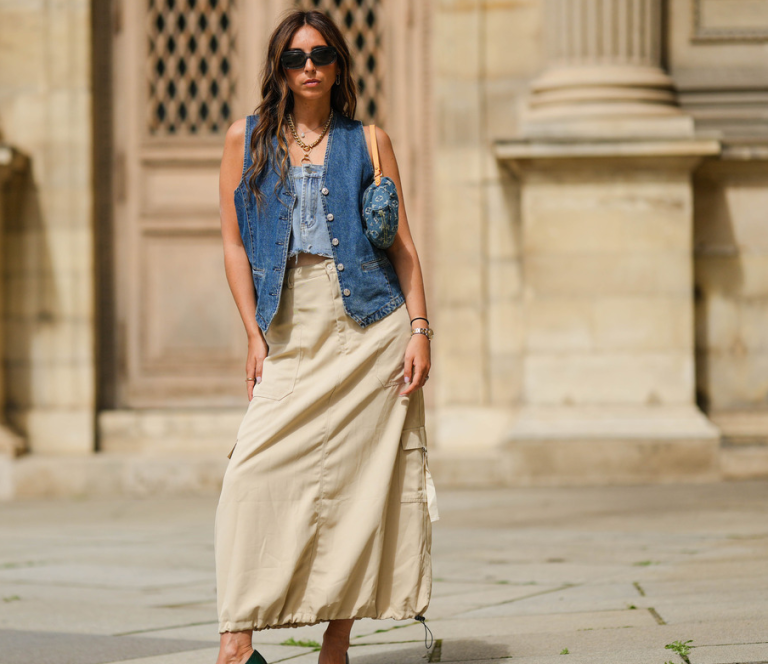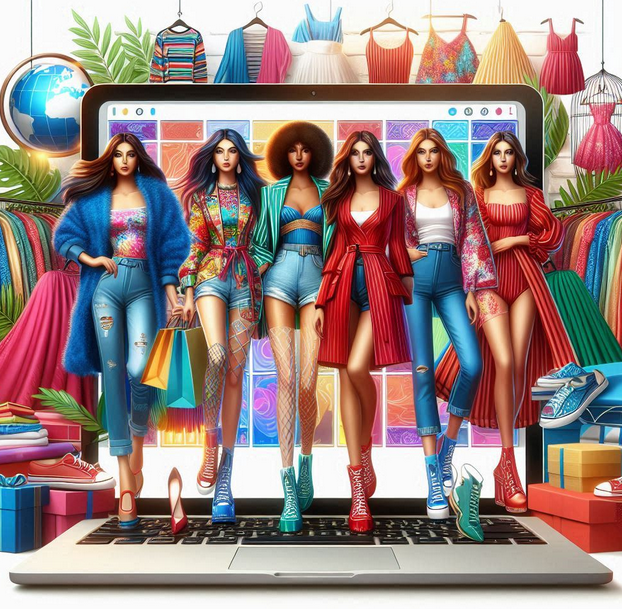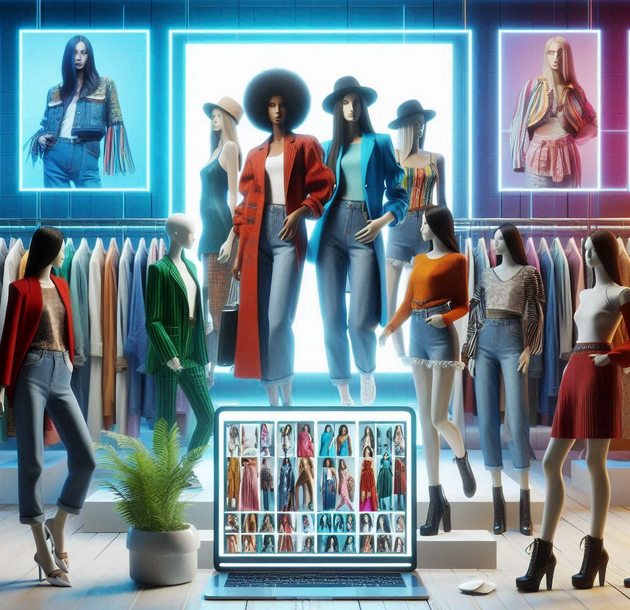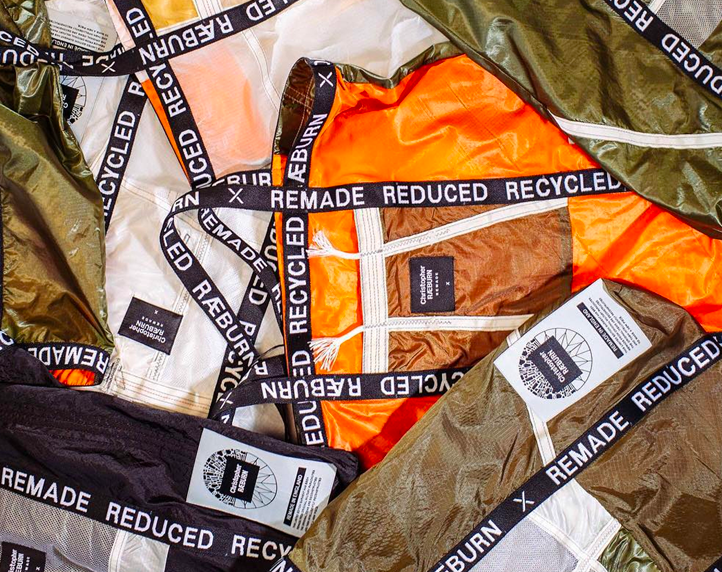
The fashion industry has long been a beacon of creativity, glamour, and influence. Yet, beneath its dazzling surface lies a complex web of environmental degradation, exploitative labor practices, and unsustainable production methods. The clarion call for change has grown louder, echoing through boardrooms, studios, and consumer choices alike. Rising to this challenge are ethical designer brands, pioneering a revolution that blends artistry with accountability. This transformative wave is not just a trend but a seismic shift, redefining how fashion is conceived, produced, and consumed.
The Dawn of Ethical Consciousness in Fashion
Historically, fashion’s pursuit of beauty often overshadowed concerns about the planet and people. Mass production, rapid consumption cycles, and opaque supply chains contributed to a mounting crisis—pollution, waste, and human rights abuses. However, as awareness of these issues deepened, a new breed of designers emerged. These visionaries envision fashion not merely as apparel but as a conduit for positive change.
At the heart of this metamorphosis are ethical designer brands that prioritize transparency, sustainability, and social responsibility. These labels reject the exploitative practices of fast fashion, choosing instead to embrace painstaking craftsmanship, eco-friendly materials, and equitable labor conditions. They demonstrate that luxury and ethics need not be mutually exclusive but rather complementary.
Redefining Luxury: Sustainability as a Status Symbol
Traditionally, luxury has been synonymous with exclusivity and opulence. Today, the paradigm shifts—luxury increasingly embodies sustainability and conscientiousness. Ethical designer brands are at the forefront of this redefinition, crafting collections that are not only visually arresting but also environmentally mindful.
Materials are meticulously sourced. Organic cotton, Tencel, and recycled fabrics replace petroleum-based synthetics. Natural dyes supplant toxic chemicals. Moreover, many brands champion regenerative agriculture, supporting biodiversity and soil health. This commitment to material integrity echoes through every stitch, imbuing garments with a story of care and stewardship.
Craftsmanship and Slow Fashion: The Antidote to Waste
One of the defining attributes of ethical designer brands is their allegiance to slow fashion—a deliberate, thoughtful production process that honors quality over quantity. This ethos stands in stark contrast to the frenetic pace of fast fashion, which churns out garments designed for obsolescence and disposal.
By investing in artisanal techniques and prolonging product lifecycles, these brands combat the culture of disposability. Handcrafted embroidery, intricate weaving, and bespoke tailoring become acts of reverence rather than mere manufacturing steps. The result? Pieces that transcend fleeting trends, becoming cherished heirlooms.
Transparency and Traceability: The New Currency of Trust
Consumer skepticism towards the fashion industry’s ethical claims has led to an unprecedented demand for transparency. Ethical designer brands meet this challenge head-on by unveiling their supply chains in exhaustive detail. Blockchain technology, QR codes, and detailed reporting foster a new era of accountability.
This radical openness empowers consumers to make informed choices, knowing exactly where, how, and by whom their garments were made. It also pressures the industry to uphold higher standards, catalyzing systemic improvements that ripple beyond individual brands.
Empowering Artisans and Fair Labor Practices
A cornerstone of ethical designer brands is their commitment to fair labor. They reject exploitative sweatshops and underpaid workforces, opting instead to collaborate with artisans and communities. This model preserves cultural heritage while providing dignified livelihoods.
Fair wages, safe working conditions, and workers’ rights form the bedrock of these partnerships. By integrating social equity into their business models, these brands humanize fashion, transforming garments from anonymous commodities into vessels of empowerment.
Circular Fashion: Designing for the Future
The concept of circularity has gained traction as a blueprint for sustainability. Ethical designer brands are pioneers in designing products with their entire lifecycle in mind—minimizing waste, maximizing reuse, and facilitating recycling.
Upcycling discarded textiles, designing modular garments, and incorporating biodegradable materials are some strategies redefining production. The circular approach challenges the linear take-make-dispose mentality, envisioning a regenerative system where fashion replenishes rather than depletes.
Iconic Ethical Designer Brands Leading the Change
Several ethical designer brands have become synonymous with this progressive movement, each contributing unique narratives and innovations.
For instance, Stella McCartney’s unwavering dedication to animal-free materials and sustainable practices has set new industry benchmarks. Patagonia’s emphasis on repairability and environmental activism resonates deeply with conscious consumers. Emerging labels such as Brother Vellies and Eytys combine traditional craftsmanship with modern ethics, capturing global attention.
Their successes illustrate that ethics can fuel creativity and commercial viability, inspiring a new generation of designers to rethink fashion’s future.
Challenges and Opportunities Ahead
Despite inspiring progress, the journey for ethical designer brands is fraught with challenges. Higher production costs, scalability issues, and consumer education remain obstacles. The delicate balance between maintaining exclusivity and expanding accessibility tests brand strategies.
Yet, these challenges also present opportunities. Innovations in material science, digital transparency tools, and collaborative economies hold promise. Increasing consumer demand for authentic, responsible brands drives market growth, making ethics a competitive advantage rather than a niche.
The Role of Consumers in Driving Change
The impact of ethical designer brands extends beyond creators and manufacturers; consumers wield profound influence. Every purchase decision signals values, preferences, and expectations. By choosing ethically, consumers incentivize brands to elevate standards.
Moreover, embracing repair, resale, and mindful consumption disrupts wasteful cycles. Social media amplifies voices calling for change, fostering communities that celebrate sustainability and ethics.
The rise of ethical designer brands signals a renaissance in fashion—one where creativity converges with conscience. This transformative wave reshapes industry norms, challenges outdated paradigms, and offers a hopeful blueprint for the future.
As these brands continue to innovate and inspire, the fashion industry evolves into a more humane, sustainable, and beautiful expression of human ingenuity. For those who wear their values as proudly as their garments, this new era promises style with substance—luxury that honors people and planet alike.



